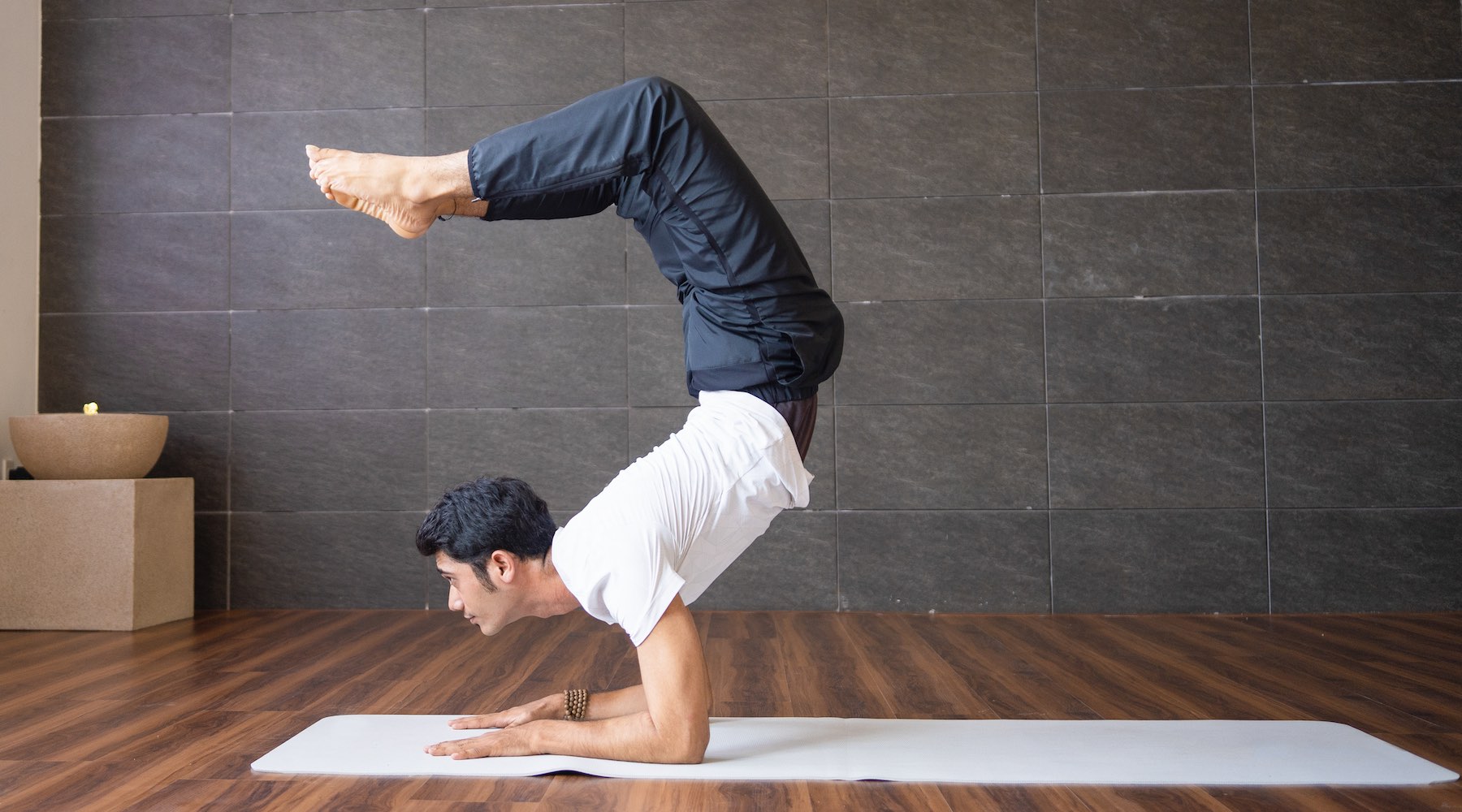Your wellbeing and mental health are directly linked, so the better we care for our overall wellbeing, the better our state of mental health. Whether you are struggling with depression, feelings of anxiety, or you are stuck in a rut, this article can help beginners in creating a wellbeing practice to improve mental health.
What Is A Wellbeing Practice?
A wellbeing practice is anything that helps you to stay present and grounded in the moment.This can include things such as mindful eating, practicing yoga, doing meditation, or anything else that can guide you into paying more attention to your inner thoughts and feelings. This can improve relationships, mental health, and offer a calmer, more peaceful life.
Journaling
When was the last time you took time to speak with yourself or get your thoughts out on pen and paper? We are there for others when something is happening in their lives, but we forget to be there for ourselves when we are going through challenging times. There are plenty of journaling practices that can help you to achieve mindfulness and empty your mind of distracting thoughts. Try writing for 5 minutes a day and see what comes up for you.
If writing things down doesn’t help, it may be better to talk things out. It can be difficult to know where to start, which makes therapy a logical solution. Speaking to a psychiatrist can improve your mental health and help you to take control of your life. They can also guide you to create a daily wellbeing practice specific to your needs. If you want to know the answer to questions such as how often do you see a psychiatrist, this guide from Talkiatry can help.
Meditation
Meditation is one of the most popular wellbeing practices out there and there is a reason for this. Taking a few minutes out of your day to sit still and be with your thoughts can uncover a lot of hidden emotions that need your time and attention. No matter what you have heard, meditation is about more than just sitting in silence or trying to switch your brain off.
Meditation is a sacred practice where we learn to view our thoughts, without becoming them. We are more than our thinking mind, although it can be very hard to see that when living in such a busy society. There is a meditation practice out there for everyone, whether this is chanting, affirmations, or breath work. Focusing on something else can help beginners to develop a sense for meditation before trying out silent meditations.
Mindful Eating
Do you and your family sit and watch TV during mealtimes? Do you find yourself aimlessly scrolling instead of enjoying your food? If this sounds like you, mindful eating may be something to incorporate into your daily routine. This is a simple wellbeing practice that brings you into the present moment, allowing you to take time to taste your food and develop a sense of gratitude for the beautiful meal on your plate.
Yoga
Yoga is another huge wellbeing practice that has become a craze across the western world. Exercising is good for your physical and mental health and incorporating mindful movement with yoga positions is an amazing way to feel more present in your daily life. When finding a yoga movement that works for you, try out different yoga styles and teachers on YouTube. This is a great free resource that can help you find what works for you.
Do not be put off by teachers who can do headstands and put their legs behind their head: a yoga practice is as much about moving consciously as it is about the poses. Find a beginner’s class and do not be too hard on yourself, yoga is a skill that takes time. Flexibility and strength will develop as you continue your journey. If yoga is not the exercise for you, there are plenty of other mindful exercise practices, such as tai chi.
Taking Time For Your Practice
A strong wellbeing practice is something that is done every day, as you will reap the greatest benefits for your mind, body, and soul. Some people like to develop a morning practice, where they meditate, set intentions for the day, and move their body mindfully. You may want to create an evening wellbeing practice, to promote healthy, restful sleep. You can even do both!
Take at least 10 minutes out of your day for your wellbeing practice but try to aim for more when you can. Do not worry if you don’t see any immediate changes during your practice, this will take time as you learn new ways of being.
A wellbeing practice can improve your mental health, as you take time to be with yourself, understand your emotions, be more present, and mindfully move your body. This guide can guide beginners to develop a wellbeing practice that works for them.










